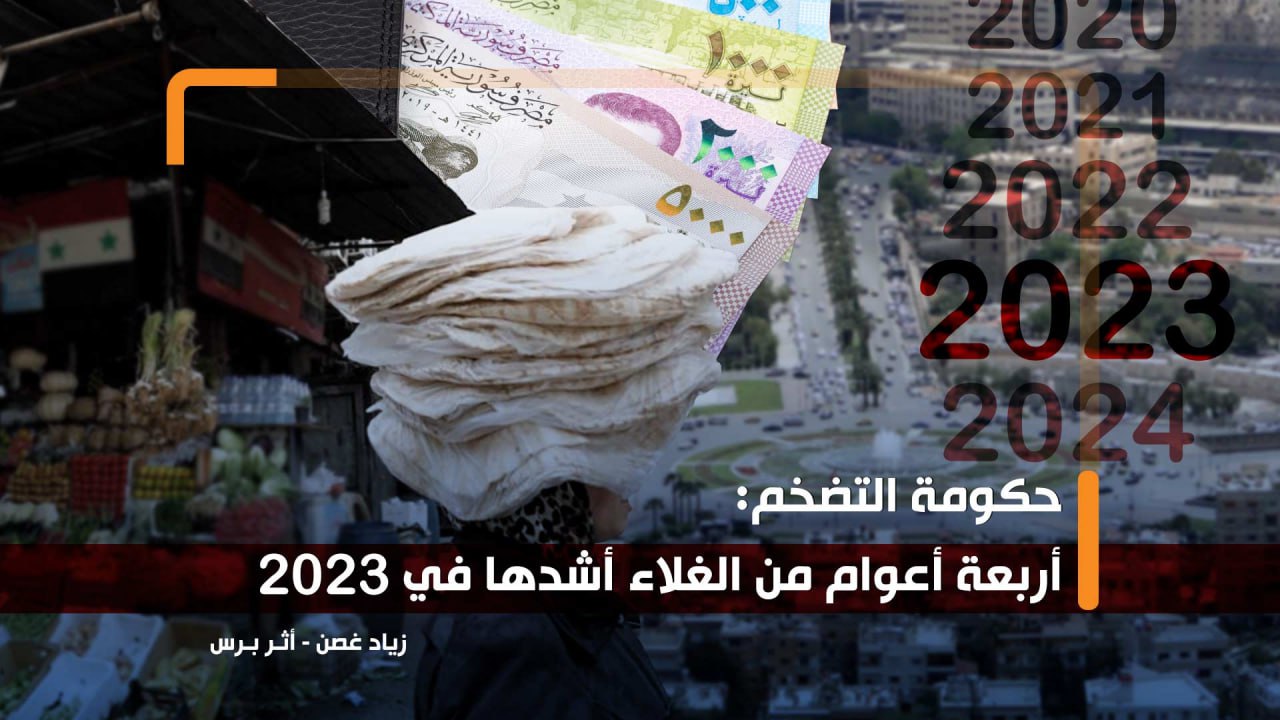The past four years have witnessed unprecedented inflation rates in Syria, driven by a combination of political and economic factors. The tightening of the US economic blockade, the control of oil and wheat fields by US forces, Lebanon’s economic crisis, and the government’s policies have all contributed to the crisis.
Official data from the Central Bureau of Statistics and the Central Bank present different inflation rates for the same period. The Central Bureau of Statistics reports an annual inflation rate of 118.8% for 2021 and 114.2% for 2020, while the Central Bank’s Director of Research stated that the overall inflation rate was 114% in 2020, decreasing to 101% in 2021 and 55% by September 2022.
Minister of Finance Announces Revival of Agreement to Expand Economic Partnership with Russia
The Syrian Center for Policy Research’s periodic report provides a more detailed picture of the consumer price index, including areas outside government control. According to their data, 2023 had the highest annual inflation rate, estimated at around 116%, with a significant increase of about 1300% between 2019 and 2023.
Geographical disparities in inflation
The inflation rate varies significantly across governorates, with 12 governorates recording an annual inflation rate of over 100% in 2023. Al-Hasakah had the highest rate at 148%, followed by Raqqa at 137%, and Tartous at 135%.
Most basic needs and services recorded an inflation rate of over 100% in 2021, with restaurants and hotels experiencing the highest inflation rate at 182.4%, followed by food and non-alcoholic beverages at 120.4%.
The inflation crisis in Syria is expected to continue, with the government’s policies and external factors contributing to the problem. The uneven distribution of inflation across governorates and the impact on basic needs and services highlight the need for a more comprehensive approach to addressing the crisis.
This article was translated and edited by The Syrian Observer. The Syrian Observer has not verified the content of this story. Responsibility for the information and views set out in this article lies entirely with the author.


